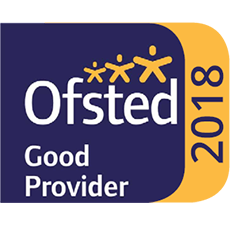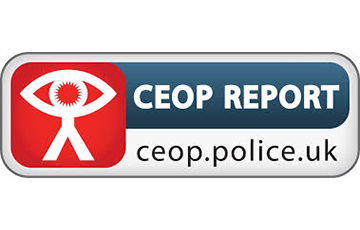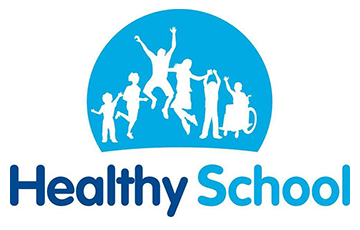Computing & E-Safety
Computing and E-Safety at Twyning School
Our Silver Thread - 'Staying Safe'
At Twyning School we believe that all children can achieve in demonstrating understanding in computing across the whole school through a highly ambitious and relevant curriculum. We want all children to become ‘active participants’ in the ever-evolving digital world through quality first teaching that emphasises computational thinking and creativity. It is important to us that our children understand advantages and disadvantages associated with being online and that we equip all learners to be respectful, responsible and confident with using varying technology and be explicitly aware of how to keep themselves and others safe online.
Our broad and balanced curriculum provides a deep knowledge of computational skills alongside opportunities to apply skills in a variety of digital contexts. Computing is utilised across other subjects - E.g. Computing skills are used for key scientific skills in science lessons to aid recording observations. We also focus on developing the skills necessary for children to be able to use information in an effective way and to ensure enjoyment is fundamental.
Our latest Intent, Implementation and Impact document for Computing can be found here.
What is the experience of Computing at Twyning?
Children learn the fundamental process of computing initially without a device. Through the use of visual, oral and written instructions children learn how computers accept, interpret and complete commands. This is then developed into using these commands on a computer or device to create algorithms for a set purpose and to solve problems. We ensure that all children understand the importance of keeping themselves and others safe whilst online.
What are the core concepts we want the children to know?
How computers/devices receive commands, interpret them and then take action based upon them.
How to communicate in a manner that computers will understand. How to understand communication for computers and interpret it ourselves.
How to think computationally. How to spot errors in communication to a computer or device and how to improve it so that it can be understood.
How to stay safe whilst using a digital device.
What does it mean to get better at Computing?
To develop an understanding of how computers work. To be able to explain how a computer operates, how it interprets commands and executes them and how to understand, write and improve commands given to a computer.
To gain a deeper understanding of online risks and how to effectively avoid and deal with problems.
How have we chosen what to teach?
Twyning School has adapted the KAPOW computing scheme of work. We believe that adapting this curriculum helps us support the knowledge that the children should acquire at the end of each key stage with achieveable steps. We begin to teach computational thinking at Twyning School without computers initially as we believe this makes the step to computing, with a device, more successful.
We use our topics, where possible, to support our teaching of computing. Due to the instant feedback given in computing, children make progress at their own pace with support and challenge through high quality teaching.
We use a variety of different sources for computing resources. Fundamental to all of our computing work is the importance of staying safe online and this is the first topic completed at the beginning of every year.
Learning through Achieve, Create, Enjoy
Computing develops questioning minds. The instant feedback that computing provides allows children to tackle a problem and know straight away if their proposed solution works or not.
Risk taking develops through children trying things and learning from the results that they experience. Computing utilises risk taking when children are encouraged to consider a problem, come up with a proposed solution and then test it.
Presenting problems and empowering pupils to put together solutions makes children wonder and explore potential solutions.
E-Safety (though heavily involved in PSHCE) is important to computing and regularly is discussed during lessons.





